DJI, the titan of the Drone Industry, is proving its engineering talent stretches far beyond the skies. Known for dominating the drone market first with the Phantom, and now with the Mavic series, the company has now ventured into robot vacuum cleaners with the DJI ROMO, alongside earlier expansions into electric bike motors and self-driving vehicle tech. This move, as seen in recent social media posts, highlights DJI’s relentless innovation—and perhaps a drone market that’s simply too small to contain their ambitions.
From Drones to Dust: The DJI ROMO Vacuum Cleaner
The DJI ROMO, as revealed in a recent X post by Jasper Ellens, marks the company’s bold entry into the home robotics space. Photos show pallets of DJI ROMO boxes, ready for distribution, with a sleek vacuum design featuring advanced navigation technology—potentially leveraging the same sensor expertise DJI uses in its drones for precise mapping and obstacle avoidance.
Screenshots of the ROMO app display a detailed mapping interface, allowing users to monitor cleaning progress across rooms labeled in Chinese, such as “客厅” (living room) and “厨房” (kitchen).** Ellens noted in a November 2024 post, “I can’t stop laughing…@DJIGlobal actually made the DJI ROMO. The vacuum cleaner they registered a year ago. What will it do? Fly up the stairs? And the key question, will it come with LiDAR? That’s it guys, I am out…hahaha.”
This isn’t just a gimmick. The ROMO’s advanced navigation system enables it to map homes with precision, avoiding obstacles and ensuring thorough cleaning—tech directly inspired by DJI’s drone expertise. While pricing details and specs aren’t public yet, DJI’s history suggests a competitive edge; however, industry rumors hint that the ROMO may be positioned as a premium product, possibly above high-end competitors like iRobot’s Roomba J7+, which retails around $800 USD.


Electric Bike Motors and Self-Driving Tech: DJI’s Broader Vision
DJI’s diversification isn’t new. Last year, they launched the Amflow PL electric mountain bike, powered by the Avinox motor system—a ‘collaboration’ with its own Amflow brand. These systems, designed for rugged terrain, deliver up to 120 Nm of torque and peak power of 1,000W, offering enough muscle to tackle steep inclines of 15% grade, equivalent to a 1,500-foot climb over 10 miles. The motor itself weighs just 2.5 kg (about 5.5 pounds), though the complete bike is heavier. Both the bike and the motor system are very competitively priced within the e-bike market and offer groundbreaking specs.
In the realm of autonomous vehicles, DJI has explored providing advanced sensor and imaging solutions, building on their core expertise. The company is active in developing automotive-grade sensors and camera systems, with some Chinese EV makers reportedly testing their tech.
Why the Diversification? DJI’s Engineering Talent Knows No Bounds
DJI’s moves reflect a company bursting with ideas. The drone market, while lucrative—valued at tens of billions globally in 2024—may not be enough for a firm with such deep engineering resources and ambitions. Their drone tech, like the 4K cameras and 20-mile (32 km) range of the Mavic $ Pro, already outclasses competitors like Autel, whose older Evo II Pro offers a shorter 9-mile (15 km) range. With little left to conquer in drones, DJI is applying its expertise to new fields.
Ellens captured the sentiment in his May 2025 post: “DJI was actually developing a vacuumcleaner and apparently it’s now ready for us westerners: do you TRUST DJI Global enough to let them scan your entire home? I think I’m going to pass on this one. Cheers!”
Privacy concerns aside, DJI’s expansion shows a company unafraid to push boundaries, even if it means venturing into unexpected territory like vacuum cleaners.
What’s Next for DJI?
DJI’s trajectory suggests more surprises ahead. Their ability to adapt drone tech for bikes, cars, and now homes positions them as a leader in robotics and automation. For drone enthusiasts, this might mean even more advanced features in future models—perhaps drones that clean your house before taking flight. For now, DJI’s ROMO and other ventures prove one thing: their engineering talent is simply too big for the drone world alone.
Photos courtesy of X
Discover more from DroneXL.co
Subscribe to get the latest posts sent to your email.
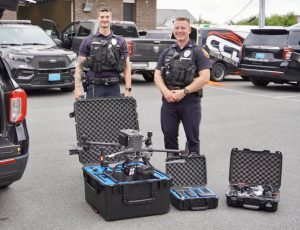




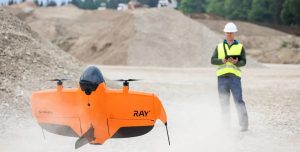
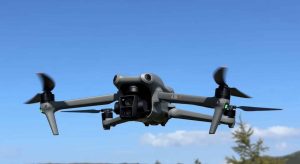
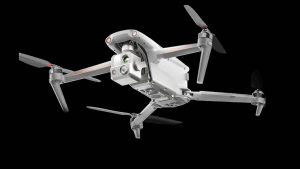

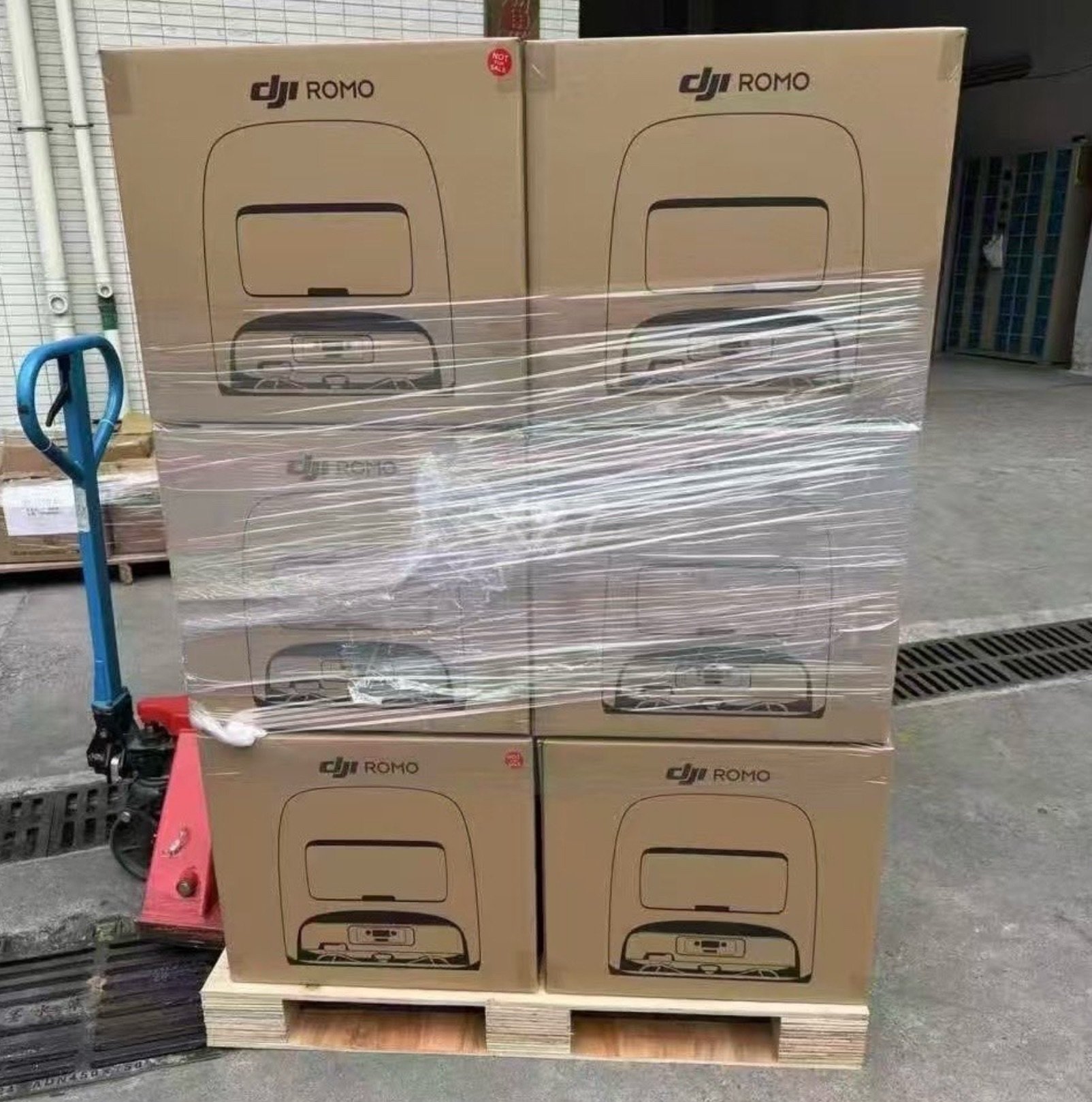
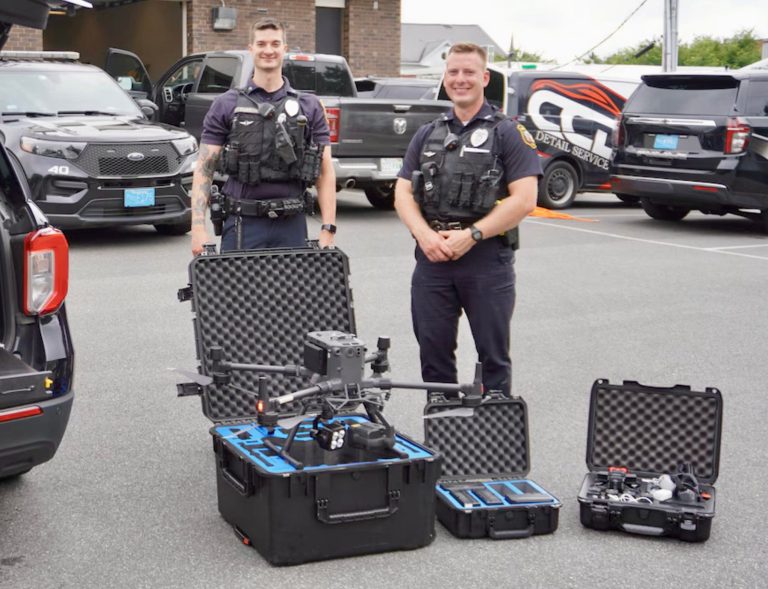



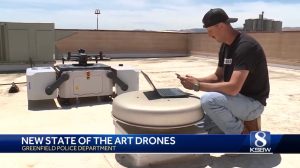


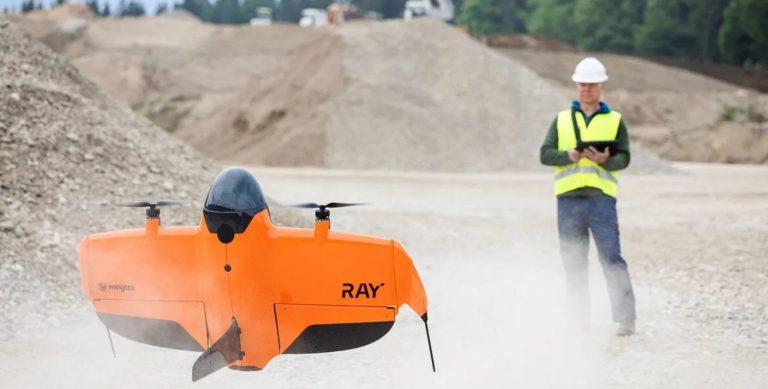
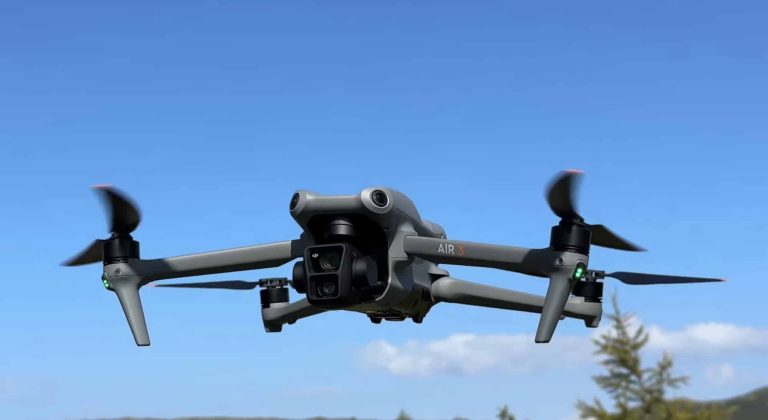
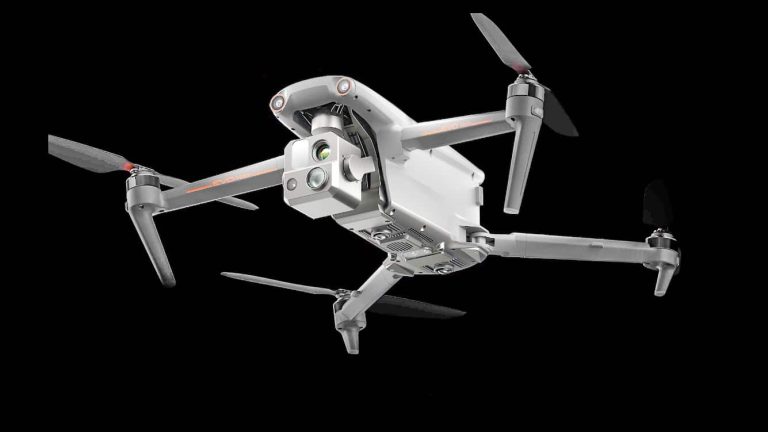
+ There are no comments
Add yours